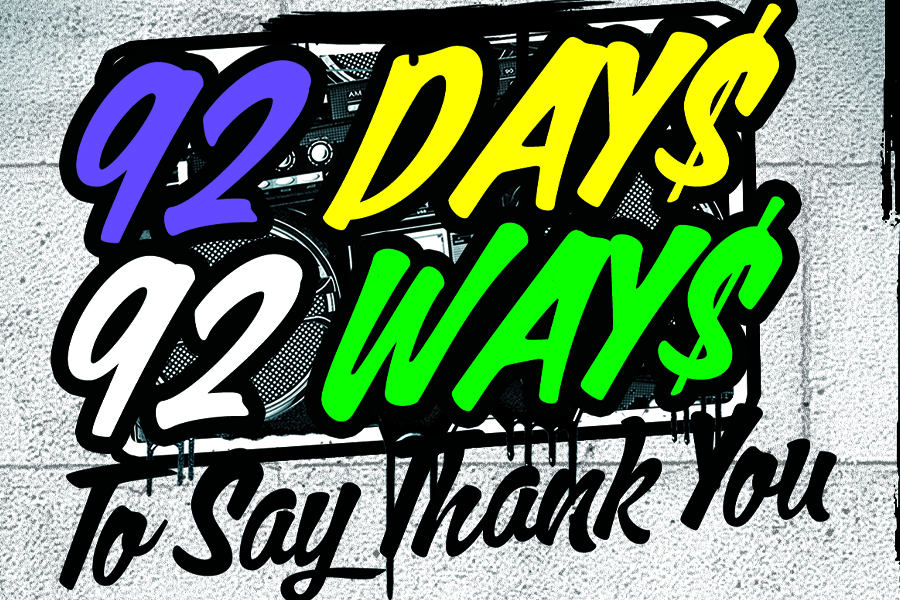Why is Susan Smith eligible for parole?
(WSPA) – Susan Smith, convicted of murdering her two children in 1994, has served 30 years of a life sentence in a South Carolina prison.
Now, she’s eligible for parole. 7NEWS sought expert answers about how the convicted killer became eligible for release, how that process will work and how likely it is that the state’s parole board will grant her release.
Why is she eligible for parole?
This is the easiest question to answer. Here is how it was explained by former prosecutor and Greenville attorney Ryan Holloway.
“Because the law before January 1st, 1996 said that anybody convicted of murder would be eligible for parole after serving 30 years. So they are entitled to a hearing, they are not entitled to the granting of parole,” Holloway explained.
Smith killed her two children in 1994 and, at that time, the law guaranteed she’d get a shot a parole. In fact, more than once. Even if parole is denied, Smith will remain eligible every two years for the rest of her life.
If the same crime had occurred just two years later, she would have served every day of her life sentence. She still might.
What happens in a parole hearing?
For her first parole hearing, Susan Smith will stay in prison.
She is currently housed in Leath Correctional in Greenwood. Under the rules, she goes first and tries to petition for release by presenting what she, and any legal representative she’s hired, believes is the best possible argument for parole.
She’ll make that case to a seven-person panel. The parole board has one member chosen from each of the state’s seven congressional districts, and they’re appointed by the Governor.
After Smith makes her case, those opposed to her parole including the victim’s family and a former prosecutor will speak to the board. Smith’s feed to the hearing will be cut off for that testimony.
The board will be well-prepared for that testimony. Each member will have a full file prepared by an investigator before the hearing. They’ll weigh that information against Smith’s behavior before and during imprisonment.
Factors the parole board considers include:
- The risk the inmate poses to the community
- The nature and seriousness of the inmate’s offense and the inmate’s attitude toward it
- The inmate’s prior criminal record
- The inmate’s attitude toward her family, the victim and authority in general
- The inmate’s adjustment to confinement
- The inmate’s work history
- The inmate’s physical, mental and emotional health
- The inmate’s understanding of the cause of her past criminal conduct
- The inmate’s efforts to solve those problems (things like substance abuse treatment, enrolling in academic study or job training, etc.)
- The adequacy of the parole plan including living arrangements, who she will live with, character of the people she would associate with
- The willingness of the community into which the inmate would be released
- The willingness of the inmate’s family to have her in their social circle
- The attitudes of the sentencing judge, prosecutor, law enforcement officers
- The feelings of the victim’s family
- The actual risk and needs assessment
All of those factors will be considered by to board, but its members have absolute discretion. To secure her release, Smith will need to convince 5 of the 7 board members.
“They want to know what you’ve been doing with your time. Are you violent with other offenders? Are you compliant with guards? Because that feeds into the equation of are you a risk when they release you?” Holloway said.
In Smith’s case, there are some obvious red flags.
Since her conviction, she’s been disciplined multiple times for violations of prison rules. Most recently, Smith was caught answering interview questions for a documentary filmmaker and providing contact information to people associated with the case.
Smith was disciplined for communicating with witnesses in the case and, among other things, lost phone privileges for 90 days.
How likely is it that Smith will be paroled?
The short answer is that it is very unlikely. For one thing, the board rarely grants parole to anyone. According to statistics provided by the South Carolina Department of Probation, Pardon and Parole Services, only about 6% of parole petitioners are granted release.
7NEWS looked at 491 cases before the board in hearings held in August and September. Of those cases, only 13 were granted “conditional parole.” Only one of those was convicted of a violent crime.
In any event, a decision won’t take long. The parole board will make a decision on Susan Smith’s petition for parole that same day. Her hearing is scheduled for November 20th.




